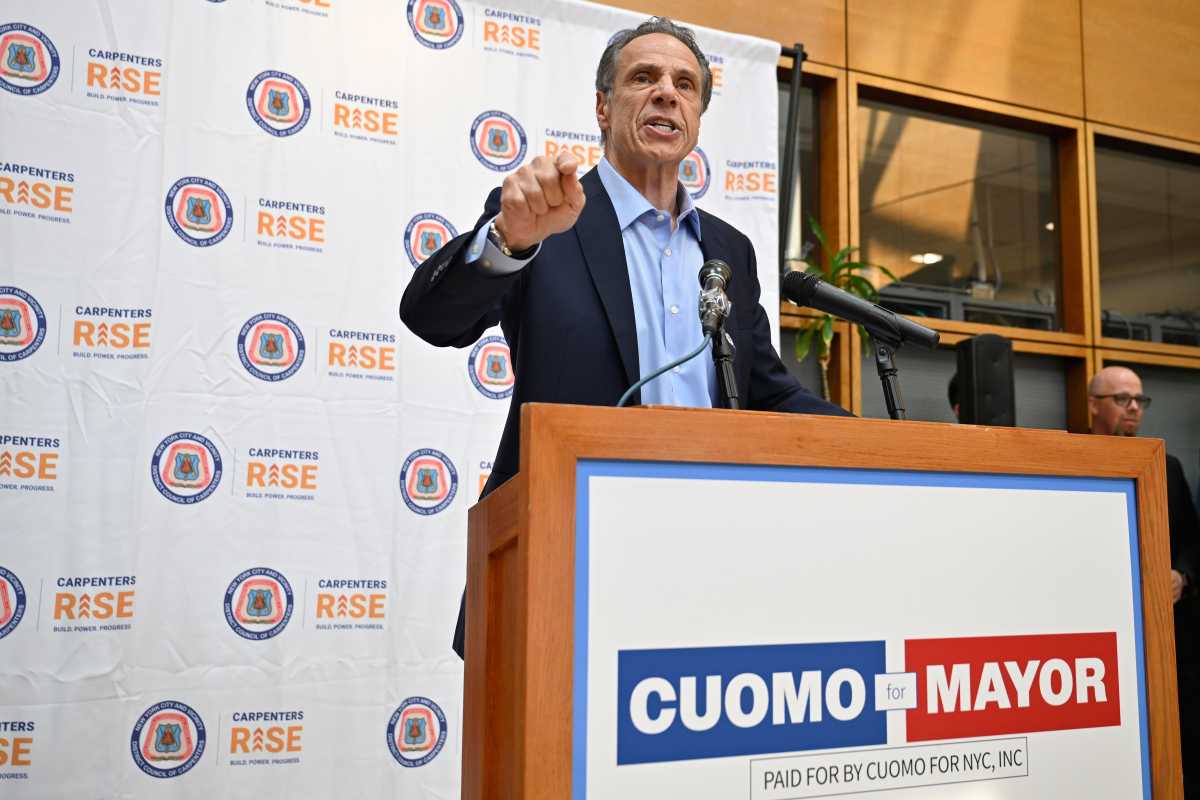By Bob Harris
The Education and Cultural Trust Fund of the Electrical Industry, in the Electric Industry Center on Harry Van Arsdale Jr. Avenue in Flushing, held a breakfast during which it gave out 45 scholarships worth $20,000 over four years to children of its members. Three hundred students applied. They had to write an essay describing what the country would be like when they are 50.
The Electric Union Local 3 negotiated with the contractors to provide money to set up this fund. Since 1945, more than $2 million worth of scholarships have been awarded to children of Local 3 members. This reminds me of the scholarship money my union, the United Federation of Teachers Local 1, gives out every year. Like Local 3, the UFT negotiates with its employer, the city Department of Education, for money to provide scholarships.
But Local 3’s 300 scholarships go to worthy and needy high school graduates in all public high schools. Both unions thus help students who might not be able to afford college attain advanced education by negotiating this scholarship money. These unions use money which might have gone to their members as wages or benefits, but instead goes to benefit society as a whole through scholarships.
In booklets provided, Local 3 explained who won the special scholarships and listed the many electrical contractors who provided scholarships over the years. The names of the scholarships are a list of many famous New Yorkers. The electrical industry’s influence is significant in Fresh Meadows and Flushing due to the giant Electchester housing complex.
Three scholarship winners who live in Queens are Michael Sforza, who attended Archbishop Malloy High School, lives in Middle Village and will attend St. John’s University and St. Francis Prep HS graduates Ashley Gagliano, who will attend Princeton University, and Kevin Flynn, who will attend Boston College.
The guest speaker was Bruce Ratner, the real estate developer. It is interesting to see what positions he held in city government prior to embarking on building a real estate empire. He said he was a union member and built only with union labor. He thanked the union members who supported him at rallies, which made possible his Brooklyn project. His philosophy is to never look back but ahead, keep a daily balance and enjoy family and people he meets.
Local legislators who were present were U.S. Rep. Anthony Weiner (D-Forest Hills), state Sen. Frank Padavan (R-Bellerose), state Sen. Toby Stavisky (D-Whitestone) and City Council Speaker Christine Quinn (D-Manhattan).
GOOD NEWS OF THE WEEK: The city recently celebrated Fleet Week. Eleven U.S. warships sailed into New York Harbor, then opened their gangplanks to visitors. Manhattan was full of sailors and Marines who took in the sights. Helicopters did a simulated assault landing in Flushing Meadows Corona Park.
BAD NEWS OF THE WEEK:
1. Extra high pensions add to deficits. Over the years, New York City and state have permitted workers to work extra hours prior to retiring, thus giving them a much higher pension than they would have realized based on their salary. They talk about stopping this practice but do not seem to. Sometimes a necessity requires people to work extra hours, but lax laws make this a big problem.
2. The Long Island Rail Road permits most workers to retire on disability. It seems that LIRR workers have figured out ways to apply for disability pensions, which are much higher than the regular pensions they are due based on their salary. If a person is injured on the job and forced to retire, he or she is due a disability pension. But when most or all retirees receive a disability pension, the system is dysfunctional. Many police and fire retirees retire on disability, but should not receive a disability pension.
3. Metropolitan Transportation Authority workers use sick days excessively. Bus drivers can be injured by passengers and take recovery time, but taking a month or two off because they were spat on seems excessive.
4. The DOE said it is broke, so it wants to lay off teachers. But the DOE added four deputy chancellors at $192,000 each and spent $500,000 more on the management payroll. Since 2001, the central DOE bureaucracy rose 20 percent and the number of supervisors in schools rose by 12 percent, but the DOE wants to fire teachers.




































